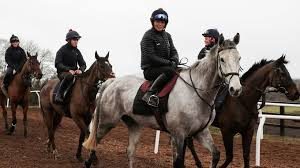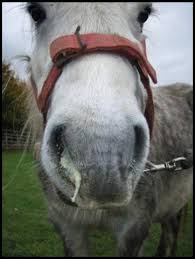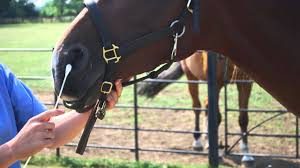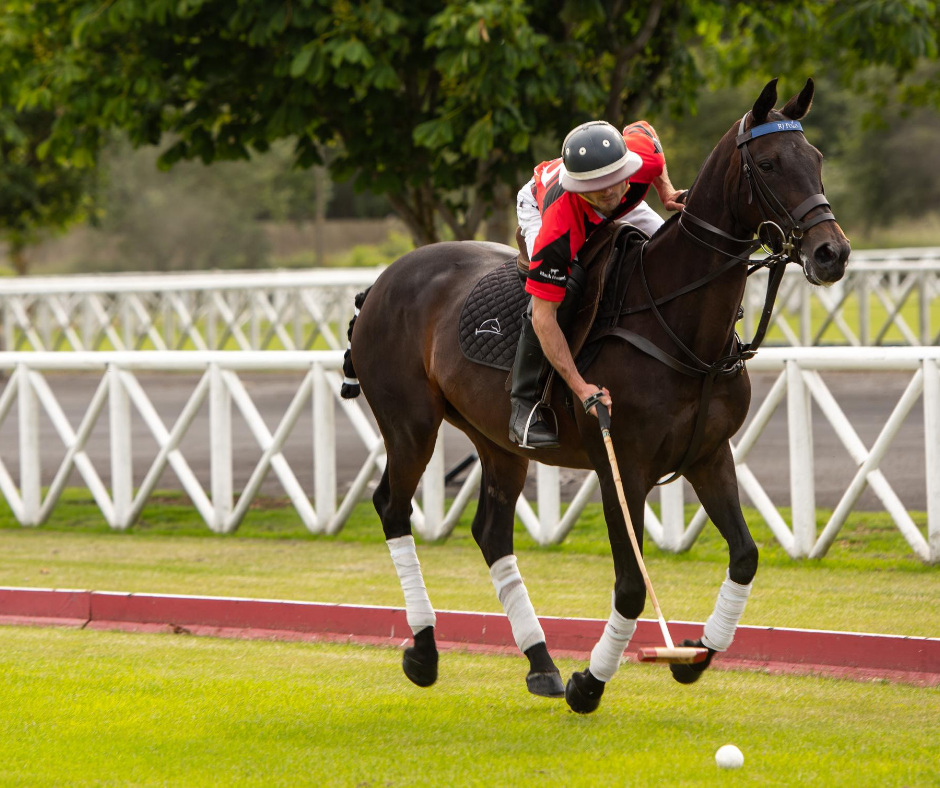Equine Flu: The Lowdown

Racing Hit By Equine Flu
British horse racing saw a six-day shutdown following the recent breakout of equine flu, identified last Thursday in three horses at the yard of Grand National-winning trainer Donald McCain in Cheshire. Following twenty three lost meetings over the near-week-long period, racing has confirmed to be recommenced on Wednesday 13th February.
But it’s not just the racing world which has been affected. Polo tournaments, too, have had to react to the outbreak, with the 2019 Arden Spring League held at Dallas Burston having to implement a vaccination check on all horses, which will take place on arrival at the Club on Sunday 17th February.
What exactly is equine flu?
Equine influenza, more commonly referred to as equine or horse flu, is a highly contagious virus caused by strains in the influenza virus that affect the respiratory tract of horses, donkeys, mules and other equidae. While similar to the flu virus suffered by humans, it is not the same thing and does not make humans ill.
How is Equine Flu spread?
Horses infected with the virus excrete it through coughing, which can be spread to other horses via close contact, through the air, and through mechanical transmission on clothes and equipment used around them. Crowding and transportation also help the virus to spread.
What are the signs and symptoms of Equine Flu?
– A harsh dry cough

Nazal Discharge A Sign Of Equine Flu
– Nasal discharge
– Fever
– Lethargy
– Loss of appetite
– Muscle pain and weakness
– Swollen or sore eyes
– Enlarged glands under the lower jaw
– Poor performance
What should you do if you suspect your horse has equine flu?
If your horse shows any of the above signs or symptoms and you suspect they may have caught equine flu you should immediately contact your vet. They can get a swab and blood sample from you horse, which can be tested (for free through Animal Health Trust’s equine influenza surveillance scheme) to check the diagnosis. A quick diagnosis is very beneficial so if you are at all worried take action!
What is the treatment?
Your vet will give you tailored advice for your situation and your horse, but the main way to treat the virus is to allow the horse lots of rest and time to recuperate. Antibiotics cannot treat the virus, but may be useful for secondary problems caused as a result of the flu. Anti-inflammatories may be prescribed, and stable ventilation is a good way to help aid recovery. Most animals recover in two weeks, while some horses may take up to six months to regain full ability.
How do you control it?

Testing For Equine Flu
To reduce or prevent spread from one horse to many, isolation is a very effective tactic. Keeping the infected horse away from non-infected horses will reduce the risk of spread, and good cleaning and hygiene standards reduce the risk further.
How can you prevent Equine Flu happening in the first place?
Vaccination is key. Clinical signs are typically much less severe if a vaccinated horse encounters the virus, making it less contagious and easier to recover from. If dealing with a number of horses, a quarantining system which isolates new animals for a period before mixing them with resident horses helps to prevent outbreaks. General hygiene like washing hands between handling different horses, and using designated equipment for each horse are also very beneficial.
For more information and advice about equine flu Click Here





